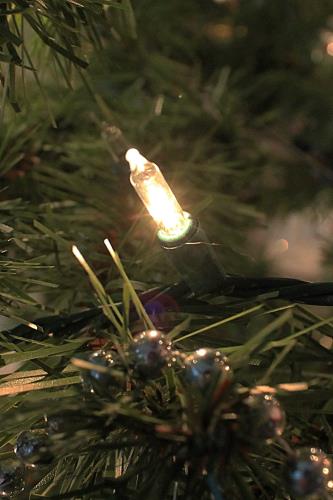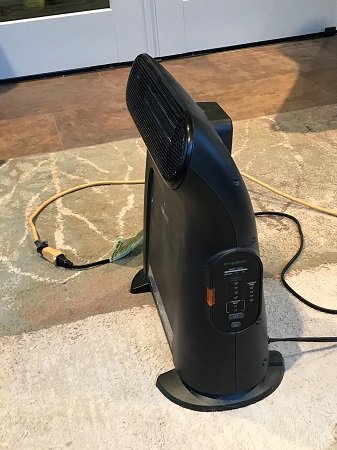 ElectricalConnection.org
ElectricalConnection.org
Connect with Us:
Facebook
LinkedIn
Twitter
YouTube
Cold weather keeps people indoors more and also introduces seasonal electrical devices that could lead to potential hazards if used improperly. So we have some winter electrical safety tips, but first a little advice:
While homeowners can visually inspect electrical systems, we do not recommend they attempt to fix or tinker with them in any way. Leave that to a licensed professional.

Now, for the tips:
· Space Heaters/Electric Blankets -- Never use an extension cord for an electrical heating appliance, such as a space heater or an electric blanket. The cord provided with the heating device is properly rated and should be connected directly to the electrical outlet. Inspect your space heater and discard it if it shows deterioration, particularly around the plug-in cord, or it lacks a functioning automatic shut off if tipped over. Watch where you place the space heaters to keep it away from combustible materials. Keep children away from space heaters. Closely inspect electric blankets and heating pads and discard them if you note any potential fire hazard, such as discoloration due to overheating or exposed wiring.

Never use extension cords with space heaters
· Extension Cords -- Never use an extension cord for an extended time as a permanent or temporary wiring solution. Extension cords aren’t made to be used for long periods of time and can result in electrical fires. When you are using an extension cord, always ensure that the plug has all three prongs. This ensures that your cord will stay properly grounded, which could prevent the cord from overloading. Any extension cords without the third prong should be discarded immediately.
· Holiday Lights – Examine and discard lights with frayed wires. They are not only a fire hazard, but a shock hazard and are especially dangerous if they come in contact with a metal gutter and ladder while being installed outside. Use lights that are Underwriters Laboratories (UL) tested for safety and don’t exceed the strands of lights that can be connected as detailed on the product. Pay attention to whether the lights are rated for indoor or outdoor use. Consider using LED lights which last 20 times longer and don’t burn hot like traditional incandescent lights. Child-proof all holiday decorations. Lights can be fascinating to young children and if they get too curious can expose them to a live circuit.
· Outlets -- Don’t overload sockets with plugs that could start a fire. Any electrical outlets in your home that are near a water source—sinks, bathtubs, washing machines—require a ground fault circuit interrupter (GFCI) according to the National Electrical Code. A GFCI is a fast-acting circuit breaker that shuts down your electricity as quickly as 1/40 of second after a fault occurs. If you’re missing a GFCI an electrical professional can easily install one for you.
· Wiring -- Visually inspect your home’s service panel and note any potential concerns. Contact a licensed professional if the panel is not firmly attached to the wall or wires are not neatly enclosed within their protective box or if deterioration is noted. Also contact a licensed professional if you note wiring connection points are not capped with a wire connector and enclosed within an appropriate UL approved junction box.
Finally, always make sure installations in your home or business conform to the standards of the National Electrical Code (NEC). This requires a fully licensed electrical contractor. The Electrical Connection has the largest data base of licensed electrical contractors in St. Louis and Eastern Missouri.
Recent News